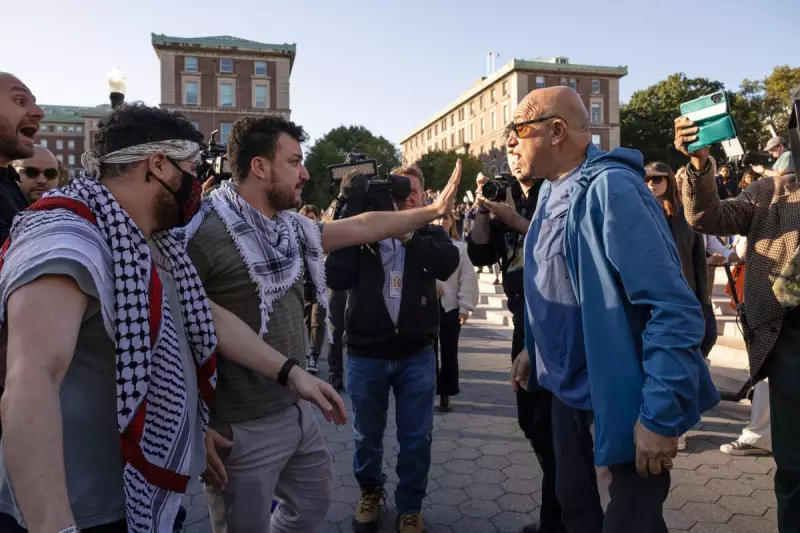
Former US President Donald Trump has ignited a political firestorm with controversial remarks made at a private donor event in New Orleans, Louisiana, suggesting Palestinians in the United States are inherently 'disloyal' to Israel.
The comments, first reported by The Independent, have drawn swift condemnation from civil rights groups and political opponents, who accuse the ex-president of peddling harmful stereotypes and hate speech.
A Contentious Claim at a Private Gathering
Speaking at a closed-door gathering, Trump reportedly expressed his view that American citizens of Palestinian descent, along with Palestinians globally, could not be loyal supporters of Israel. The assertion has been widely criticised as a sweeping and discriminatory generalisation about an entire ethnic group.
This incident is not the first time Trump has questioned the loyalty of minority groups. His latest comments have drawn parallels to previous controversies, further fuelling the debate about the language used by influential political figures.
Immediate Backlash and Accusations of Incitement
The response from advocacy organisations was immediate and severe. The Council on American-Islamic Relations (CAIR) condemned the remarks, stating they 'dangerously insinuate that Palestinian Americans are a fifth column lacking patriotism.'
Legal experts have joined the fray, debating whether such rhetoric from a former president could incite discrimination or even violence against Palestinian communities and their allies across the United States.
The Broader Political Context
Trump's comments come amid ongoing tensions in the Middle East and heightened political polarisation in the US regarding the Israeli-Palestinian conflict. His stance appears to solidify his position with his conservative base, even as it risks alienating more moderate voters and further inflaming cultural divisions.
As the 2024 election cycle approaches, analysts suggest this episode will likely become another flashpoint in the ongoing debate about immigration, foreign policy, and the boundaries of acceptable political discourse in America.






